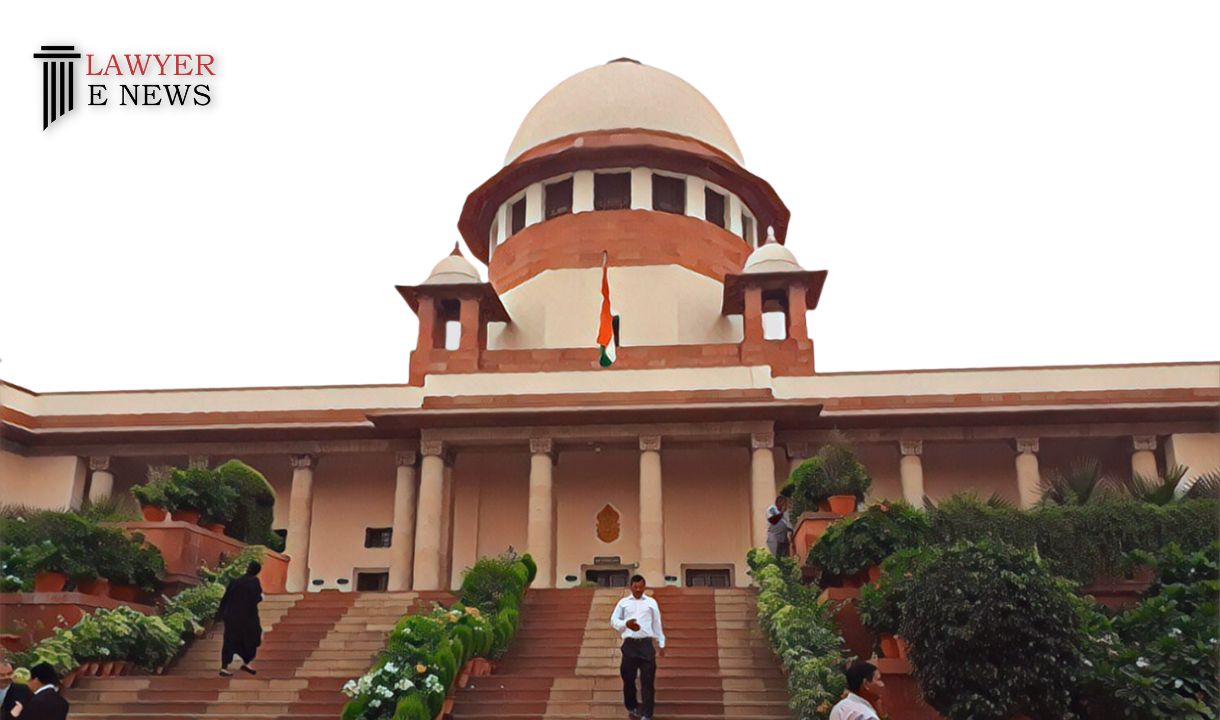-
by Admin
15 February 2026 5:35 AM



On 25 April 2023 , the Supreme Court of India has ruled, in a recent judgement Ravinder Singh Vs The State Govt. of NCT of Delhi , that the power to impose a modified special category sentence of fixed-term life imprisonment in excess of 14 years would be available to the High Courts and the Supreme Court, even in cases where the maximum punishment, permissible in law and duly imposed, is life imprisonment with nothing further.
The case in question involved a father who was convicted of raping his own daughter, who was a minor at the time. The Delhi High Court had confirmed the sentence passed by the Additional Sessions Judge, which was for a minimum of 20 years of actual imprisonment before the accused could seek remissions. However, the Supreme Court held that such a power could only be exercised by the High Courts or by the Supreme Court, and not by the Additional Sessions Judge. The Court further held that the sentence imposed by the Additional Sessions Judge was, therefore, without legal basis.
The Supreme Court noted that the convict was guilty of one of the most heinous of offences and that allowing him the freedom to seek liberal remissions, so as to cut short his life imprisonment, would be nothing short of a travesty of justice. The Court held that the ends of justice would be sufficiently served if the life imprisonment of the appellant was for a minimum of 20 years of actual incarceration before he could seek remissions under the provisions of the Code of Criminal Procedure, 1973, or any other enacted law.
The Court also observed that the law laid down in previous cases with regard to special category sentencing to life imprisonment in excess of 14 years by fixing a lengthier term would be available to the High Courts and the Supreme Court, even in cases where the maximum punishment, permissible in law and duly imposed, is life imprisonment with nothing further.
The Court cautioned that exercise of such power must be restricted to grave cases, where allowing the convict sentenced to life imprisonment to seek release after a 14-year-term would be tantamount to trivializing the very punishment imposed on such convict. The Court emphasized that cogent reasons have to be recorded for exercising such power on the facts of a given case and such power must not be exercised casually or for the mere asking.
Ravinder Singh Vs The State Govt. of NCT of Delhi
